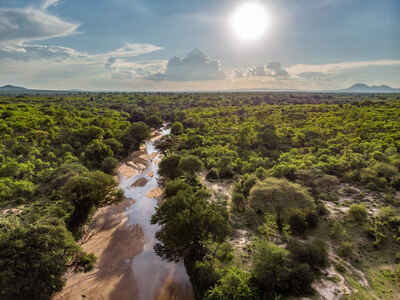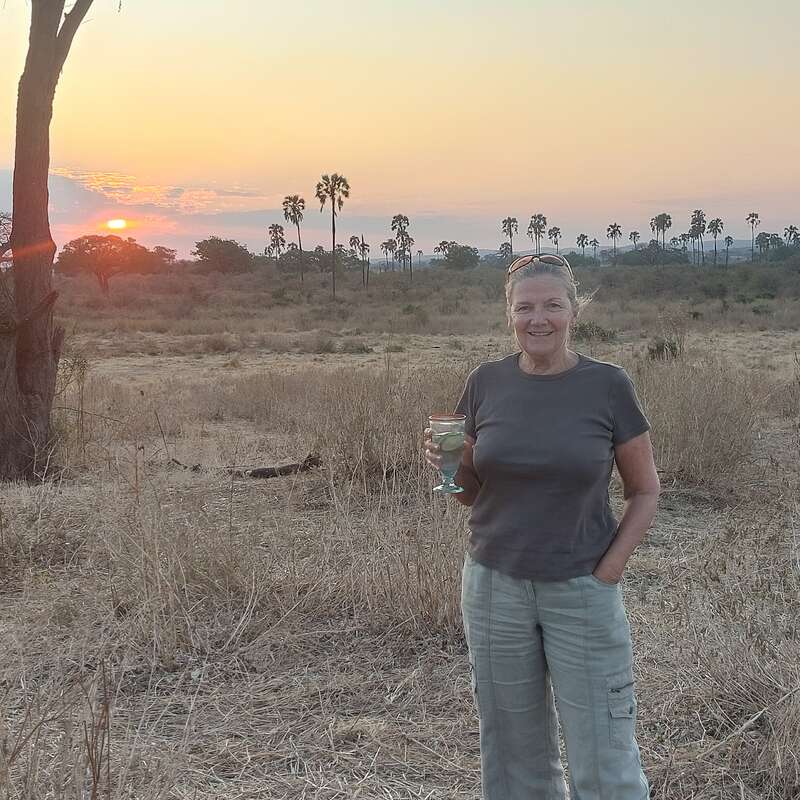About Jongomero Camp
Stylish and with a slightly colonial edge, Jongomero Camp is similar to its sister camp Siwandu.
It has smooth and seamless service and plenty of luxury, but despite this, Jongomero has retained a real sense of wilderness. Located in the far south of Ruaha National Park, Jongomero is a long way from any other camp. This part of Ruaha is both quiet and spectacular − it's a real wilderness experience. It is extremely unlikely that you will come across any other vehicles while on safari around Jongomero.
Jongomero's standards of service, food and comfort are very high, and you can certainly expect very good guiding. Its game densities aren't quite as high as some of the areas further east, but there is still very good wilidlife here. So if you're looking for a wilderness experience, this could be a good choice – especially when combined with the option to fly-camp.
Our view
Jongomero's standards of service, food and comfort are very high, and you can certainly expect very good guiding. Its game densities aren't quite as high as some of the areas further east, but there is still very good wilidlife here. So if you're looking for a wilderness experience, this could be a good choice – especially when combined with the option to fly-camp.
Accommodation
12 rooms including bush manor
Children
Best for 10+
Open
Jongomero is open from June 1st - March
Activities

4WD Safari

Birdwatching

Fly-camping

Guided walking safari

Hot air ballooning

Private activities
Traveller reviews of Jongomero Camp
48 real, un-edited reviews from Expert Africa's travellers.
Arrived 7 Oct 2024, 5 nights
"Jongomero Camp review"
Overall rating: Excellent
Arrived 14 Aug 2024, 3 nights
"Jongomero Camp review"
Overall rating: Excellent
Arrived 14 Jan 2024, 4 nights
"Stylish and with a slightly colonial touch"
Overall rating: Good
Arrived 18 Jul 2022, 3 nights
"Jongomero Camp review"
Overall rating: Excellent
Arrived 27 Dec 2019, 4 nights
"Jongomero Camp review"
Overall rating: Excellent
Arrived 29 Sep 2019, 4 nights
"Jongomero Camp review"
Overall rating: Excellent
Arrived 4 Sep 2019, 4 nights
"Amazing safari at Jongomero"
Overall rating: Excellent
Arrived 8 Aug 2019, 3 nights
"Fantastic experience at Jongomero Camp"
Overall rating: Excellent
Arrived 8 Aug 2019, 4 nights
"Wonderful location"
Overall rating: Excellent
Arrived 19 Oct 2017, 3 nights
"Jongomero Camp review"
Overall rating: Excellent
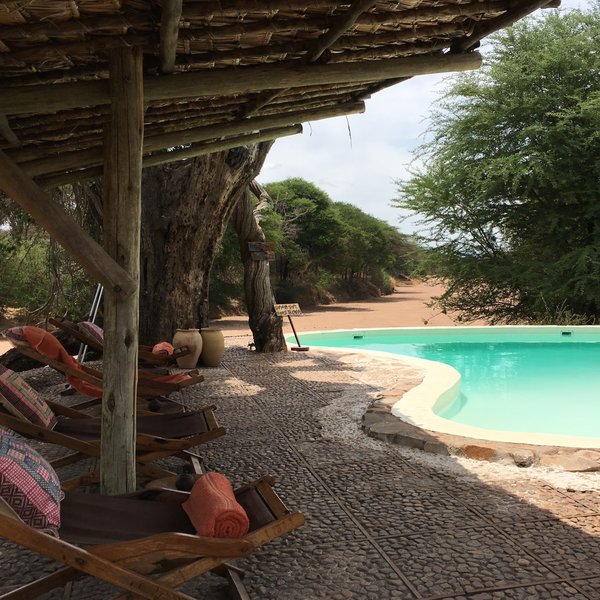
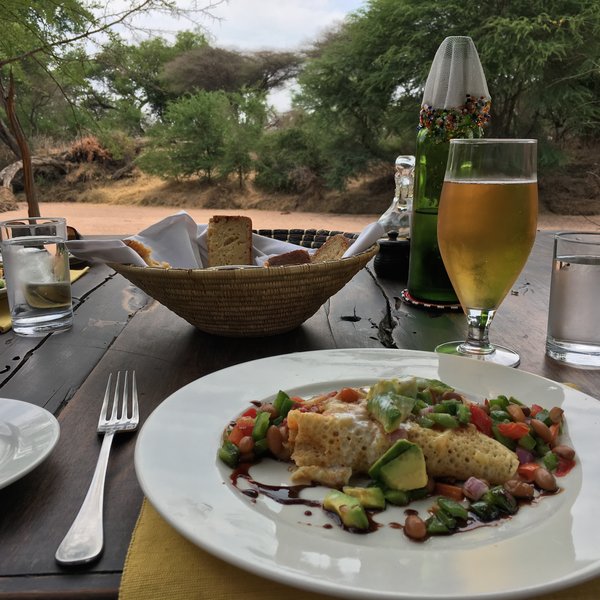
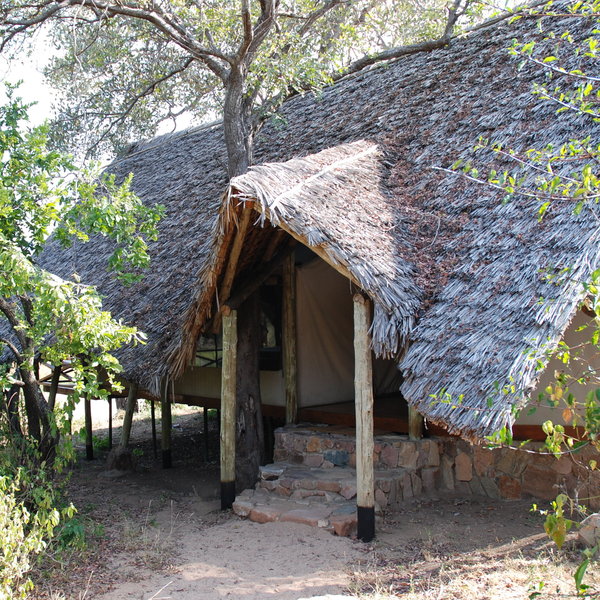
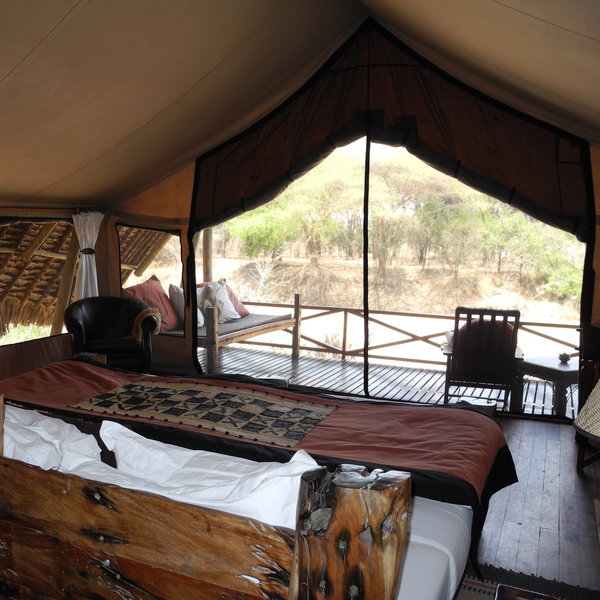
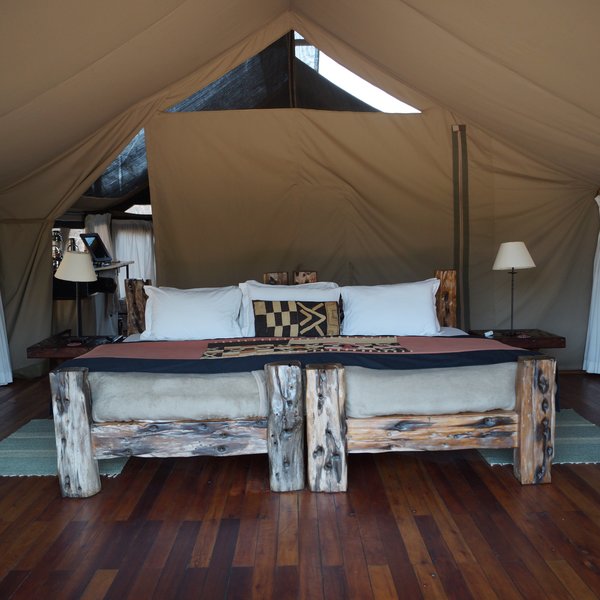
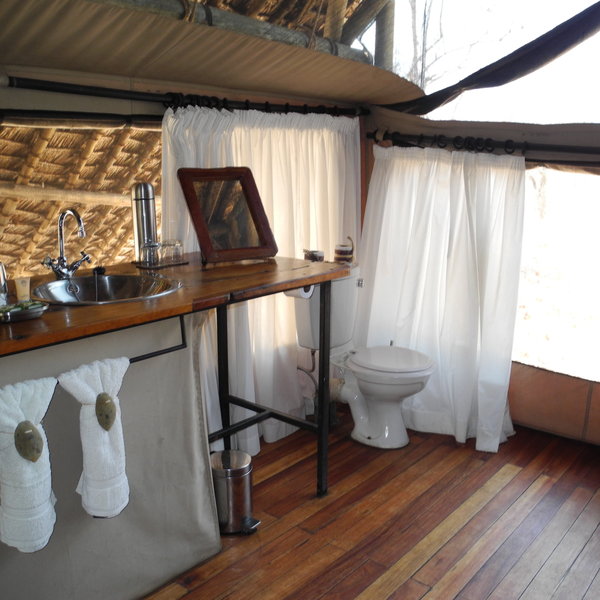
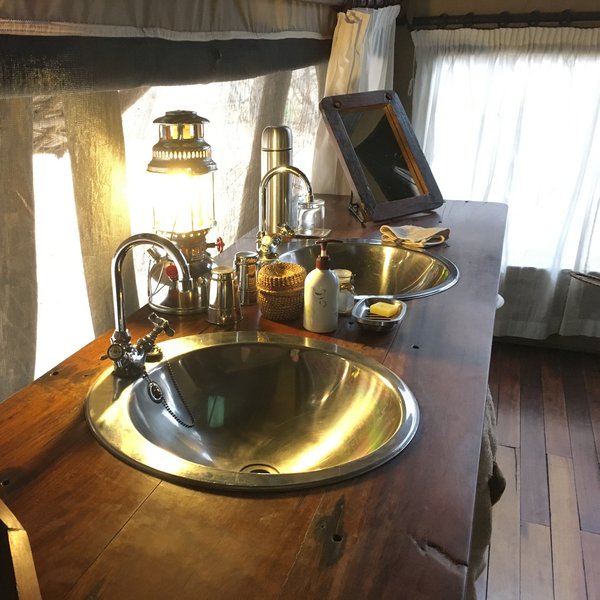
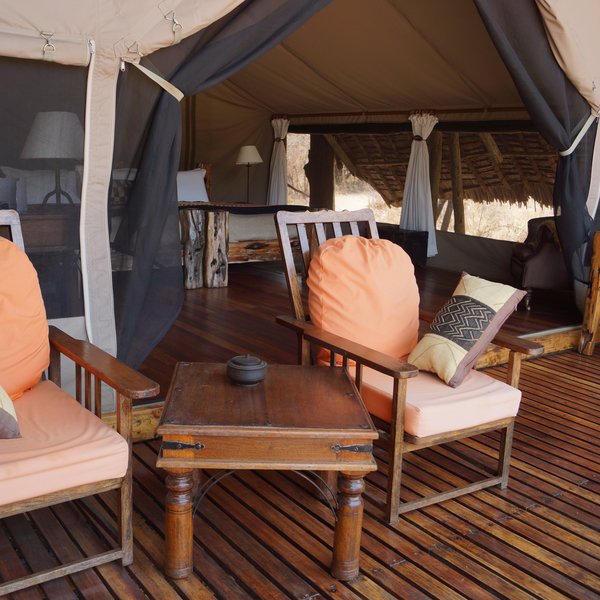
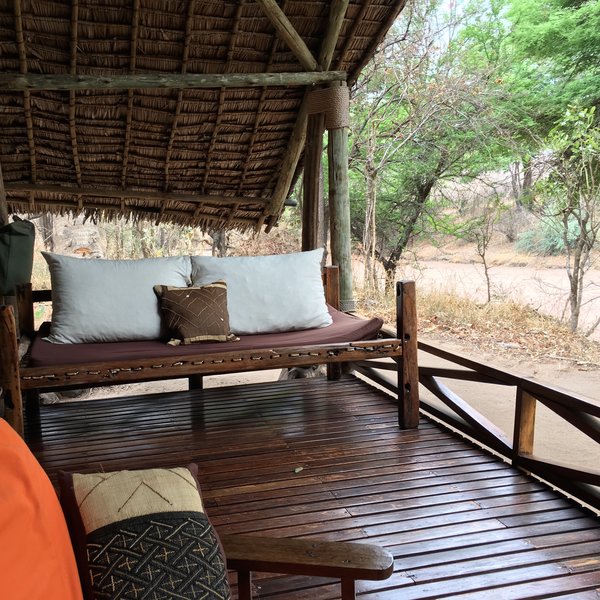
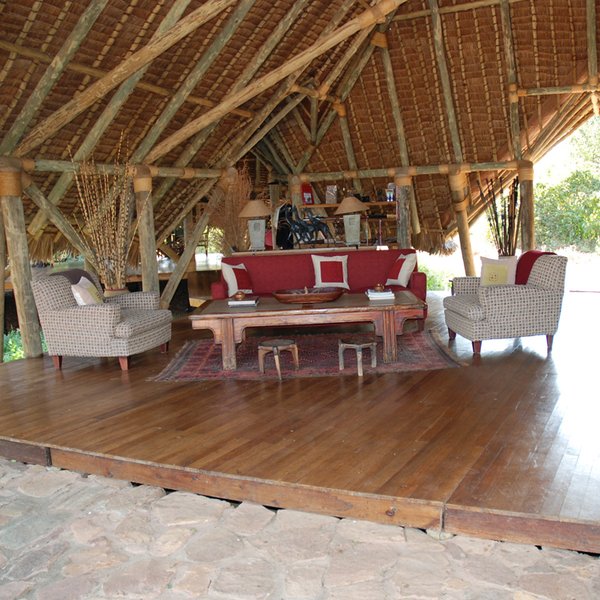
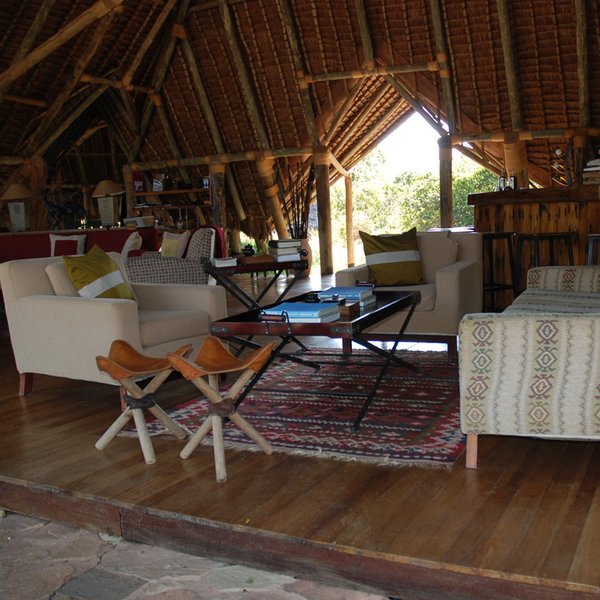
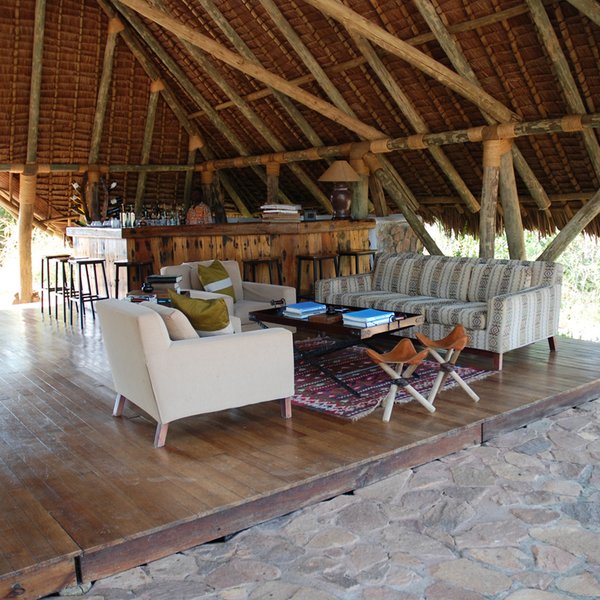
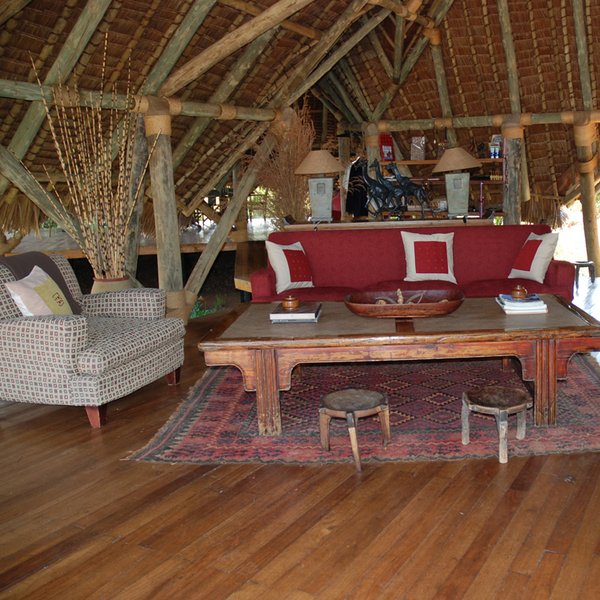
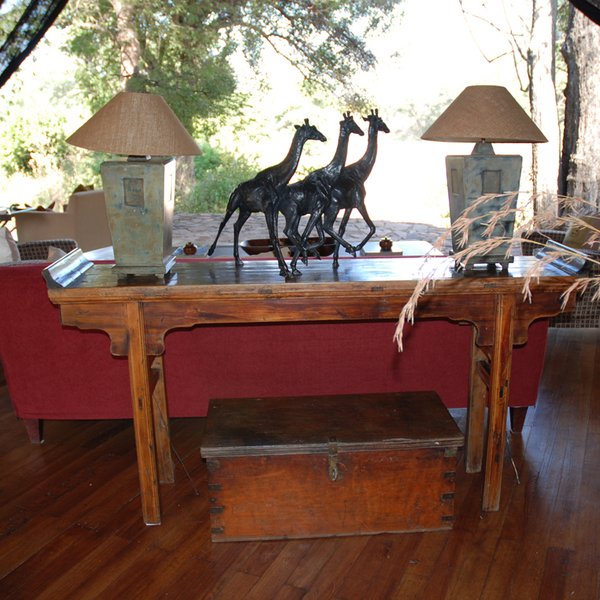
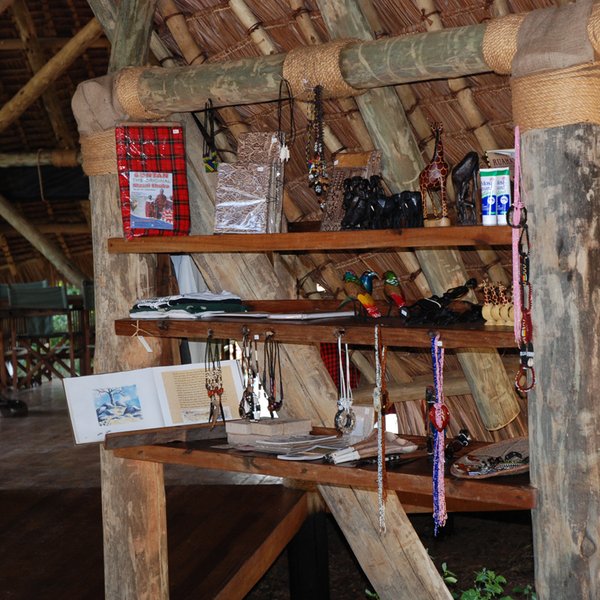
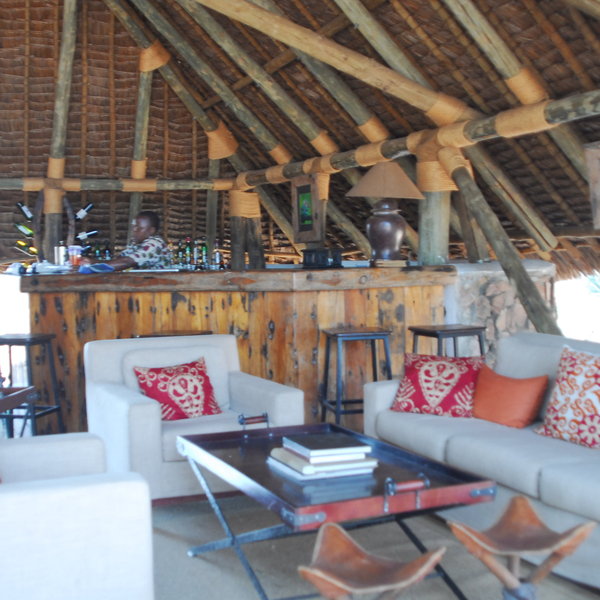
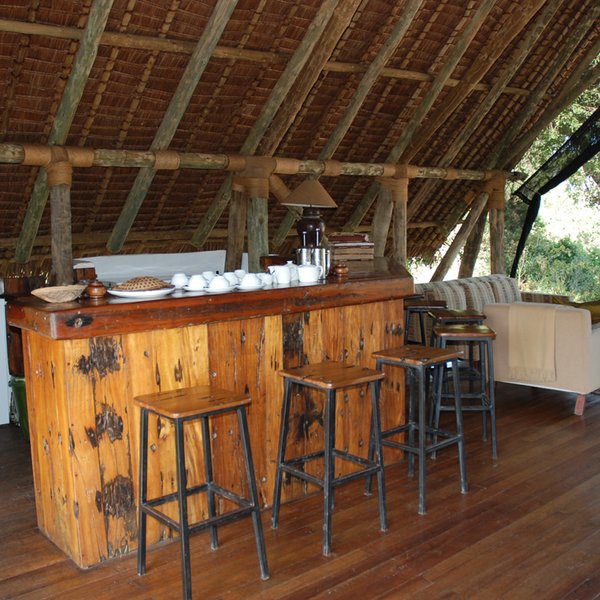
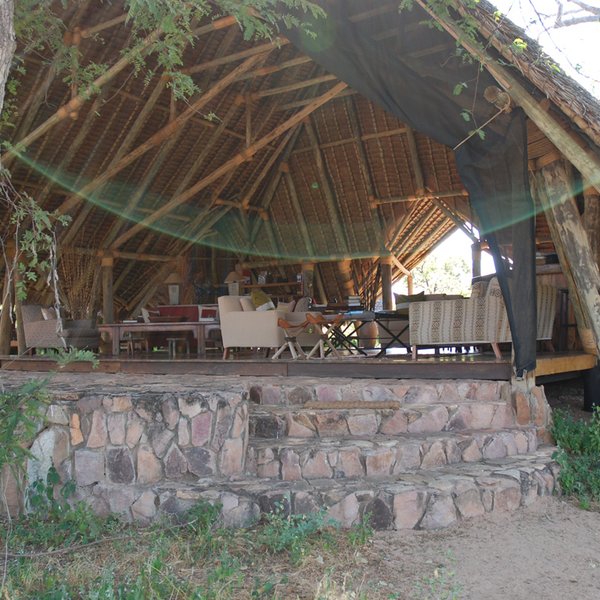
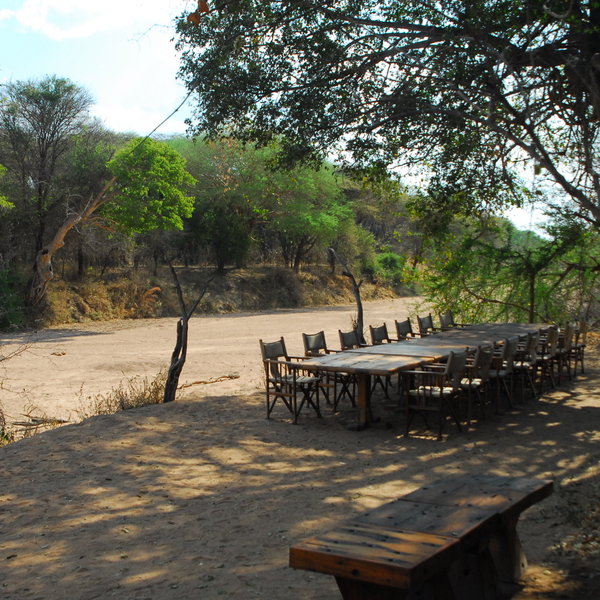
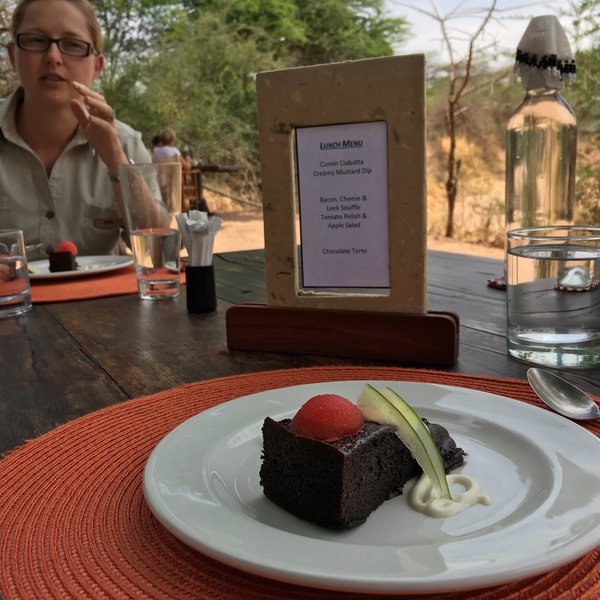
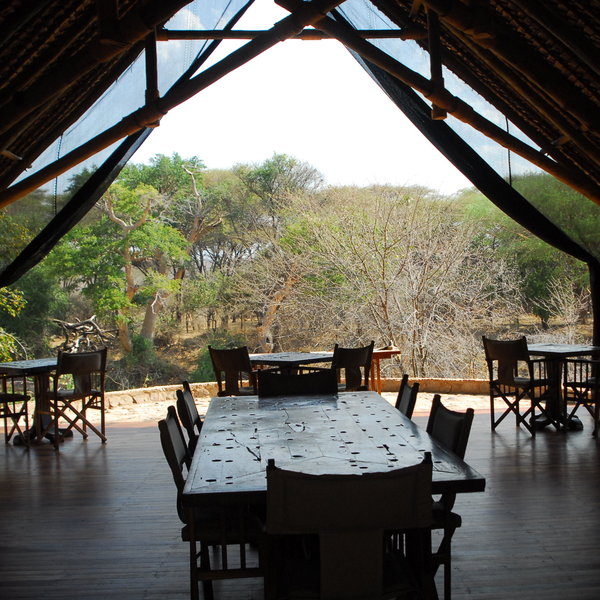
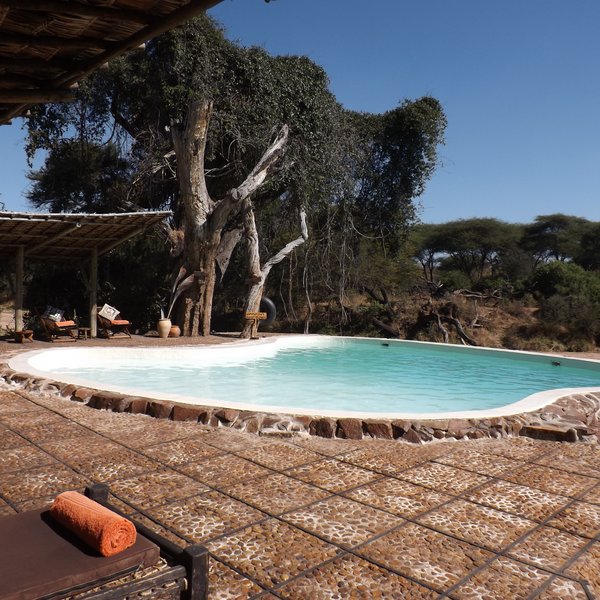
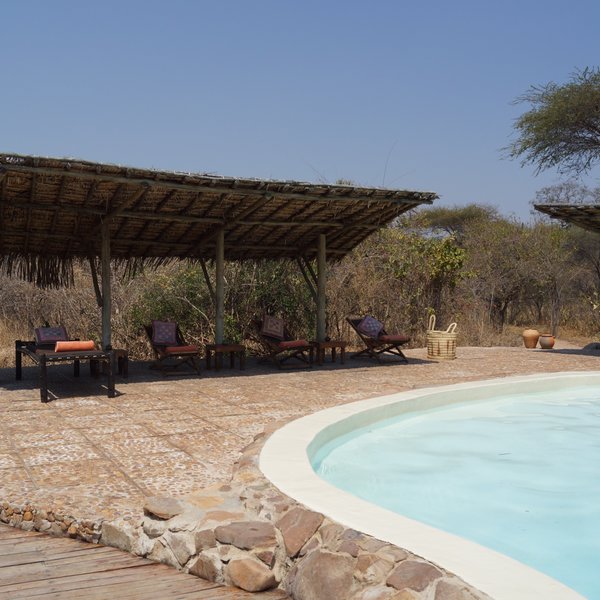
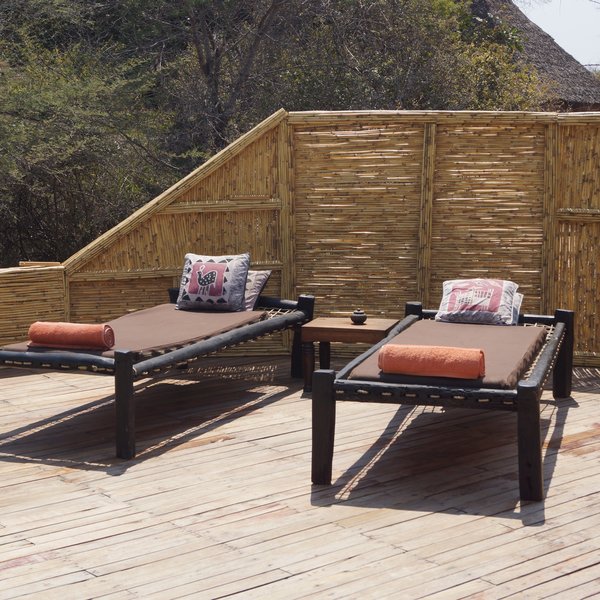
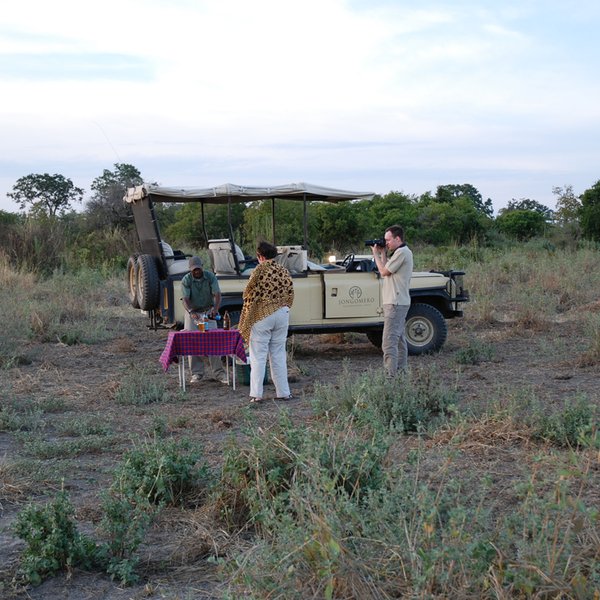
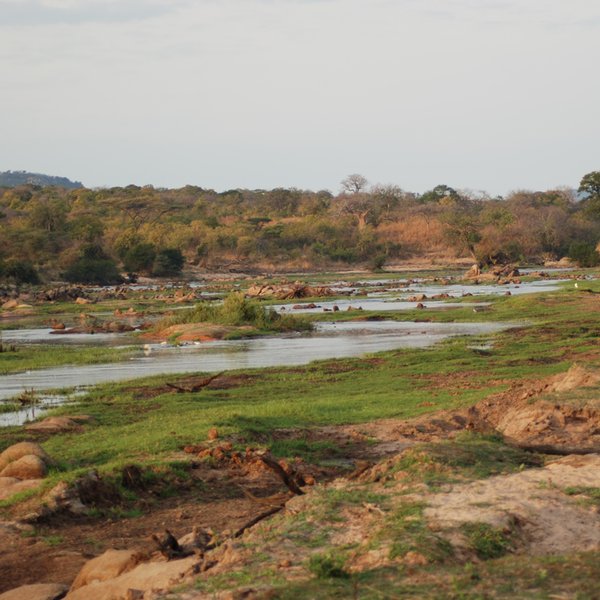
Expert Africa's gallery
When we travel we take lots of photos ourselves to give you a real and un-edited view of the safaris. See our 71 pictures of Jongomero Camp to get the candid view.
View gallerySafaris visiting Jongomero Camp
Just ideas, we'll always tailor-make a trip for you
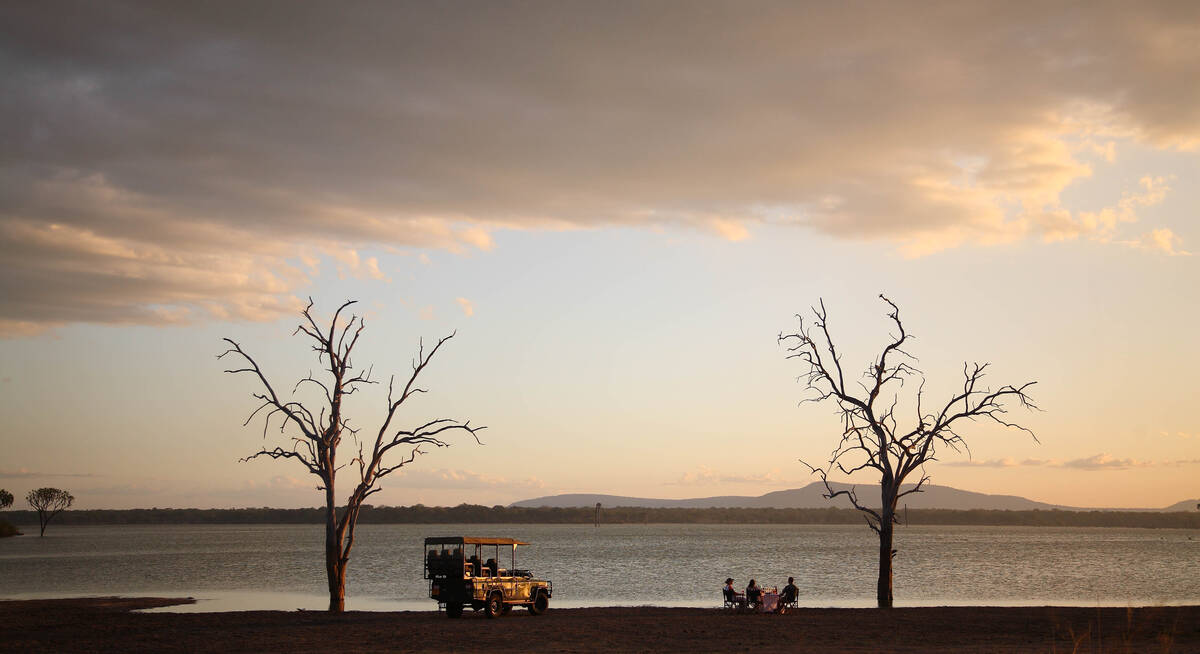
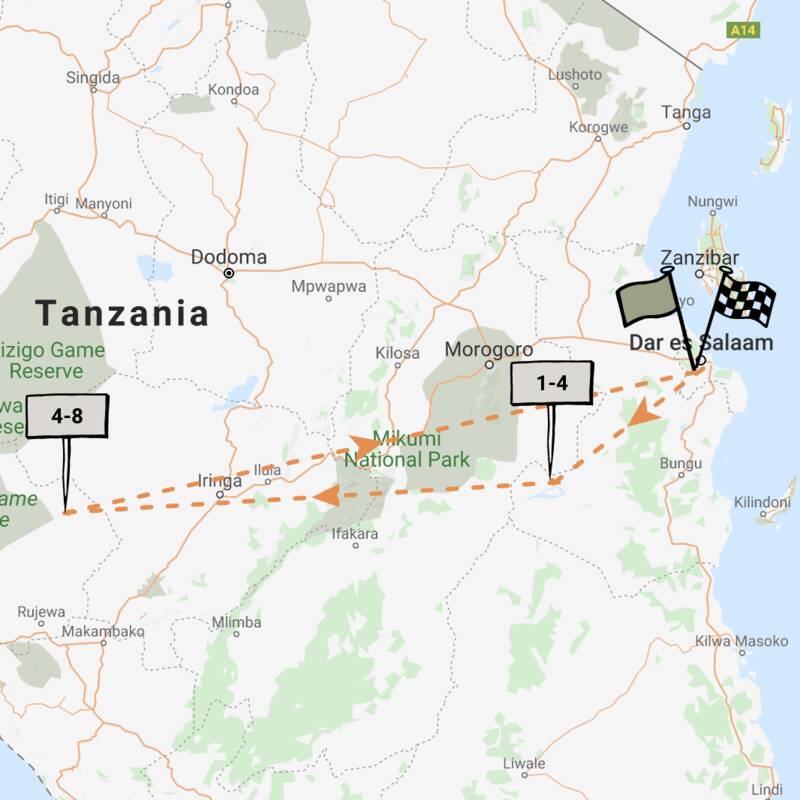
Topi Fly-in Safari
7 days • 2 locations • 1 country
DAR ES SALAAM AIRPORT TO DAR ES SALAAM AIRPORT
Explore Nyerere National Park and Ruaha National Park from two luxurious, colonially styled camps. Chosen for their access to good game viewing and thrilling remoteness, these camps also offer a range of varied safari activities.
Visiting Nyerere, Ruaha
US$7,420 - US$7,420 per person
Jongomero Camp: Our full report
Stylish and with a slightly colonial edge, Jongomero Camp is similar to its sister camp Siwandu.
It has smooth and seamless service and plenty of luxury, but despite this, Jongomero has retained a real sense of wilderness. Located in the far south of Ruaha National Park, Jongomero is a long way from any other camp. This part of Ruaha is both quiet and spectacular − it's a real wilderness experience. It is extremely unlikely that you will come across any other vehicles while on safari around Jongomero.
Jongomero Camp faces south and is spread roughly west to east along the banks of the Jongomero River, which flows strongly in the rains, but is usually just a sandy river bed during the dry season. Even when dry, it's a corridor and you can sit on your veranda and watch as a variety of animals walk along it. Elephants frequently wander past, digging into the sand, trying to tap into the water beneath.
The eight tented rooms at Jongomero are raised up on wooden platforms, and have great views across the river. They essentially all have at least a180-degree view, while tent #1 has a 270-degree view. Tents #1 and #2 are to the west of the main, central area and being a little more private are ideal for honeymooners, while tents #3 to #8 are ranged east of the central areas and swimming pool.
All the tents are large and stylish canvas constructions – in fact tent is much too simple a word – with high-quality furnishings on polished wooden floors. Every detail is well thought through, making these some of the most comfortable and stylish rooms of any camp in southern Tanzania.
Jongomero's main lounge and dining room is similarly luxurious, it has polished wooden floors, sumptuous sofas and Persian rugs across the floors. Rustic in design, with a slight colonial twist, it's an inviting place to relax with a drink, leafing through the coffee-table books on display. The bar and lounge are in one section, while in the other, past a small curio shop, is the dining room. This is one of Ruaha's most luxurious camps, yet its high thatched roofs, and odd bits of traditional African furniture and art, somehow keep Jongomero in touch with its surroundings and stop it feeling too contrived.
For larger families or group of friends travelling together, then the private, exclusive use Bush Manor which can sleep up to 8 guests is worth a consideration. This exclusive villa comes with its own private infinity pool and lounge - dining area, along with a dedicated staff team.
Located along the banks of the Ruaha river, a 35 mins drive from the lodge, is Laba Jongomero's thermal bush spa, which offers guests the opportunity to bathe in natural pools of volcanic hot springs water. The area is thoughtfully landscaped with wooden decking and sun loungers to rest and relax. For an additional cost there is a full menu of massage and spa treatments which can be booked between the hours of 10am and 6pm.
Safari activities at Jongomero Camp revolve mainly around 4WD game drives – and timings are generally flexible and intelligent, though the evening drives always finish by 7pm. The camp has 4 Nissan safari vehicles, each with 4 passenger seats, and they carry braziers at the rear in which dried elephant dung is burned to deter tsetse flies.
Breakfast can be organised around your plans for the morning, and a picnic lunch is packed for longer days in the bush. The camp has also introduced fly-camping and safari walks which only operate in the dry season July to December, and led by Chris, the main walking guide and manager. These are a fantastic way to learn about the smaller things in the bush – and to get a lot closer to them. You drive out about half-way towards the fly-camping area and then walk for 6lkm before stopping for the night where the camp will have been set up by an advance party of staff. The following morning you set off early and walk the whole 12km back to camp along the Jongomero River.
The Jongomero team also run a guide training program that aims to get FGASA qualifications for all of Jongomero's already experienced guides.
Until 2008, Jongomero was situated on the edge of the park, close to a hunting concession and the game had a tendency to be a little skittish and scared of humans. Then Ruaha National Park's area was doubled in size, and several of the surrounding concessions were included within the park. This has resulted in a significant improvement in the quantity of wildlife and the quality of the game-viewing around the camp. Large herds of buffalo and elephant are regularly seen in the area and Jongomero is also in one of the best locations in Ruaha for spotting the somewhat elusive roan antelope. The camp also offers full-day game drives in to the northern areas of the park where wildlife is generally considered to be more prolific. For guests staying three nights or more, we would recommend one full day game drive to this area of the park.
When we first visited Jongomero over 20 years ago, this part of Ruaha National Park had a serious problem with tsetse flies – which can give painful bites if they get a chance. From June to October they are generally not too bad, then from November to March they tend to be a little worse. They generally seem to be less aggressive after rain. In recent years, efforts to tackle the problem seem to be working and they are no longer a reason to avoid this picturesque part of the park. On our last visit the camp was very proactive in spraying the vehicles prior to game driving and we did not find the tsetse flies to negatively impact our experience.
Activities
4WD Safari
Birdwatching
Fly-camping
Guided walking safari
Hot air ballooning
Private activities
Families & children
- Attitude towards children
- The camp allows children over the age of 10 - however it tends to appeal more to couples than families.
- Property’s age restrictions
- Children must be aged 10 years or older
- Special activities & services
- There are no special activities available for children
- Equipment
- There is no special equipment on offer for children.
- Generally recommended for children
- Jongomero Camp has a swimming pool, so could be a good option for families with children. However, the camp is both wild and relatively quiet, and tends to attract couples rather than families.
- Notes
- Jongomero has no fences, and is in an area of dangerous big game. Hence we feel that this camp is best for more mature children with an interest in wildlife – and wouldn't suggest it for anyone under about 10 years of age.
Food & drink
- Usual board basis
- Full Board & Activities
- Food quality
- The food at Jongomero is fresh and plentiful, with an imaginative and varied menu.
Breakfast is usually a light picnic while out on the morning game drive and includes excellent baked eggs and bacon and egg muffins, as well as cereals, yoghurts and fruit. Then you return around 10:30 to 11am, well before the light lunch is served around 12 noon. On our last visit, this was a brunch-style meal of falafel with a selection of salads including couscous, a green salad and also a tasty raita dip. There was a pineapple upside-down cake to follow.
Dinner, a slightly more formal affair, usually served at around 8pm, is served in a variety of locations around the lodge – for example, down on the dry riverbed, or in the bush under the stars. On our last visit we enjoyed grilled red snapper, roast potatoes, and green beans, rounded off by a delicious chocolate mousse. - Dining style
- Individual Tables
- Dining locations
- Indoor and Outdoor Dining
- Further dining info, including room service
- Private dining at your tent is usually possible.
- Drinks included
- Most drinks are included at Jongomero, with the exception of premium wines, spirits and champagnes.
Our travellers’ wildlife sightings from Jongomero Camp
Since mid-2018, many of our travellers who stayed at Jongomero Camp have kindly recorded their wildlife sightings and shared them with us. The results are below. Click an animal to see more, and here to see more on our methodology.

100% success

100% success

100% success

100% success

100% success

89% success

44% success

43% success

22% success

14% success

0% success

0% success

0% success

0% success

0% success

0% success
Getting there
- Location
- Ruaha National Park, Tanzania
- Ideal length of stay
- Four nights is ideal to experience all this area has to offer. For a longer stay in the park we recommend that you combine it with Mwagusi Camp.
- Directions
- From Dar es Salaam, Jongomero is around a 12-hour drive. Most guests take the 2hr flight to a nearby airstrip, from where it's only about 2km to the camp.
- Accessible by
- Fly-and-Transfer
Special interests
- Honeymoons
- Jongomero is a luxurious and exclusive tented camp perfect for those who want a Tanzania honeymoon combining wilderness and luxury. The service is attentive and the food is excellent – you can have romantic, private meals here.
- See ideas for Honeymoons in Tanzania
- Wildlife safaris
- You'll find all of the usual big game species in Ruaha, including elephant, large herds of buffalo, wildebeest, lion, leopard, occasional cheetah and wild dog. Ruaha also has a few species associated with the parks further north, including Grant's gazelle and lesser kudu.
- See ideas for Wildlife safaris in Tanzania
- Luxury safaris
- Jongomero Camp is perfect for those seeking a luxurious African adventure. The rooms are rustic, yet stylish with sumptuous sofas, huge four-poster beds and Persian rugs. This idyllic camp blends in beautifully with its surroundings and its location guarantees a remote getaway.
- See ideas for Luxury safaris in Tanzania
Communications
- Power supply notes
- The lights can be used throughout the day and power sockets are on 24/7 for charging batteries.
- Communications
- Good WiFi throughout.
- TV & radio
- There is no TV at Jongomero.
- Water supply
- Borehole
Health & safety
- Malarial protection recommended
- Yes
- Medical care
- All staff are first aid trained and there is a first-aid kit on site and also in all vehicals. For serious emergencies the camp can use the flying-doctor service.
- Dangerous animals
- High Risk
- Security measures
- You will always be escorted to and from your room by an askari (guard) at night, as a precaution against wildlife.
- Fire safety
- There are fire extinguishers in the rooms and communal areas and the staff at Jongomero are trained to use them. There are also fire breaks around the camp.
Useful info
- Disabled access
- Not Possible
- Laundry facilities
- Full Laundry Service - Included
- Money
- There are no currency exchange facilities here.
- Accepted payment on location
- The camp prefers guests to use cash (dollars, pounds and euros) to settle bills. However, they will also accept Visa, MasterCard and Amex – though there is a 5% surcharge for this.
Plan and book your trip with Expert Africa
All of our trips are tailor-made, so we'll always adapt them to suit you. Talk to an Expert and let us plan and arrange your perfect trip.

Talk to an Expert
Call or email us now! We’ll match you with the Specialist in our team who is best suited to help you. Then together we can start planning your trip.

Set up your itinerary
Based on our experience and your ideas, your specialist will create a detailed, costed itinerary. We’ll refine it together, until we have a trip that you’re perfectly happy with.

Prepare for your trip
The same Specialist will make the seamless arrangements for your trip, send you detailed travel documents, and be available to answer any questions before you depart.

Travel with peace of mind
After you set off, you’ll be cared for by our partners in Africa, most of whom have worked with Expert Africa for decades. And if you ever need us urgently, we’re available 24/7.

When you return
We love to learn about your trip, and so will always be grateful if you’ve the time to give feedback to your Specialist when you return.
Jongomero Camp's location
Look closer at the environment and surroundings of Jongomero Camp.
Other lodges in Ruaha National Park
Alternative places to stay in this same area.
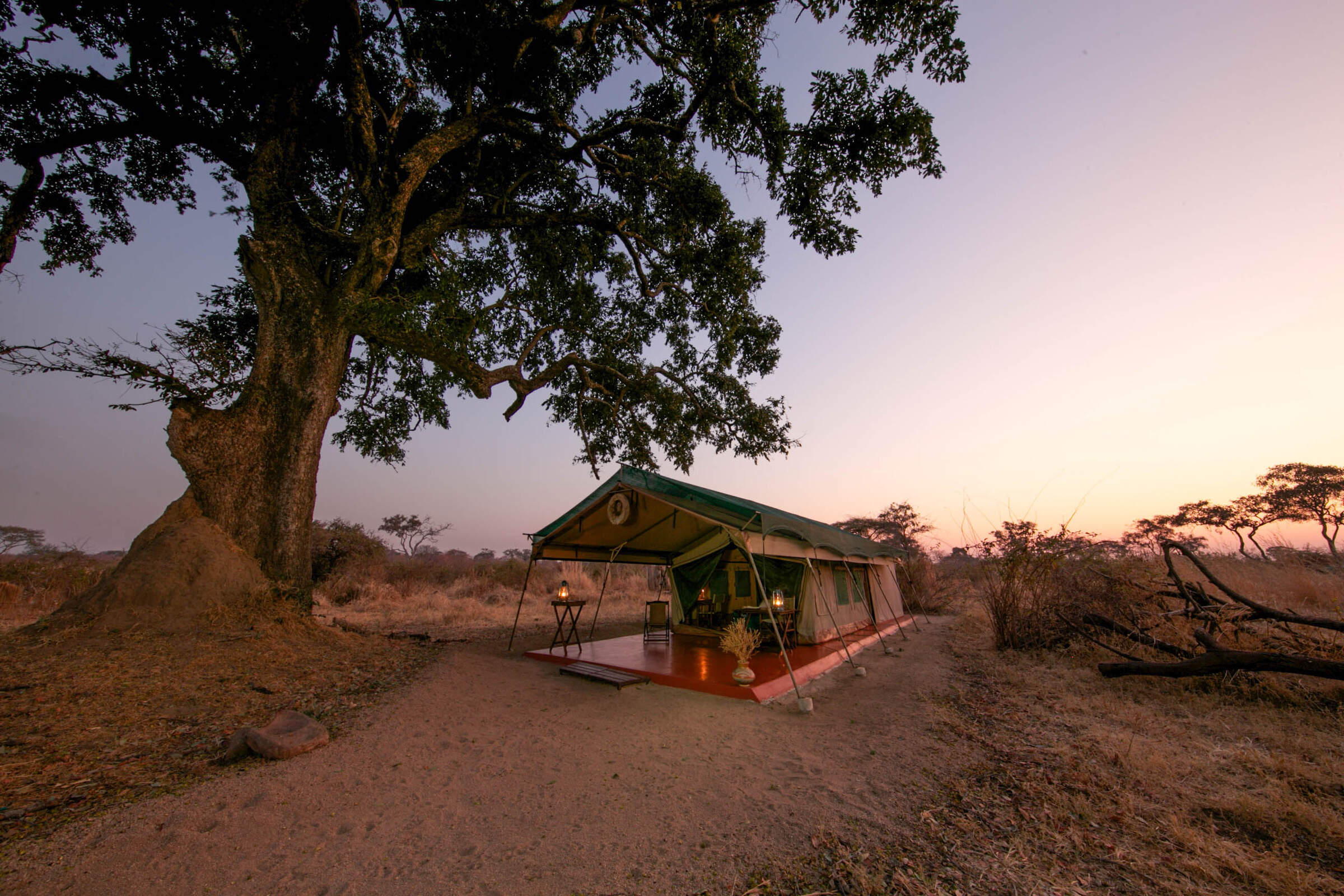
Mdonya Old River Camp
Designed with simplicity in mind, Mdonya River Camp focuses on a great wilderness experience rather than creature comforts.
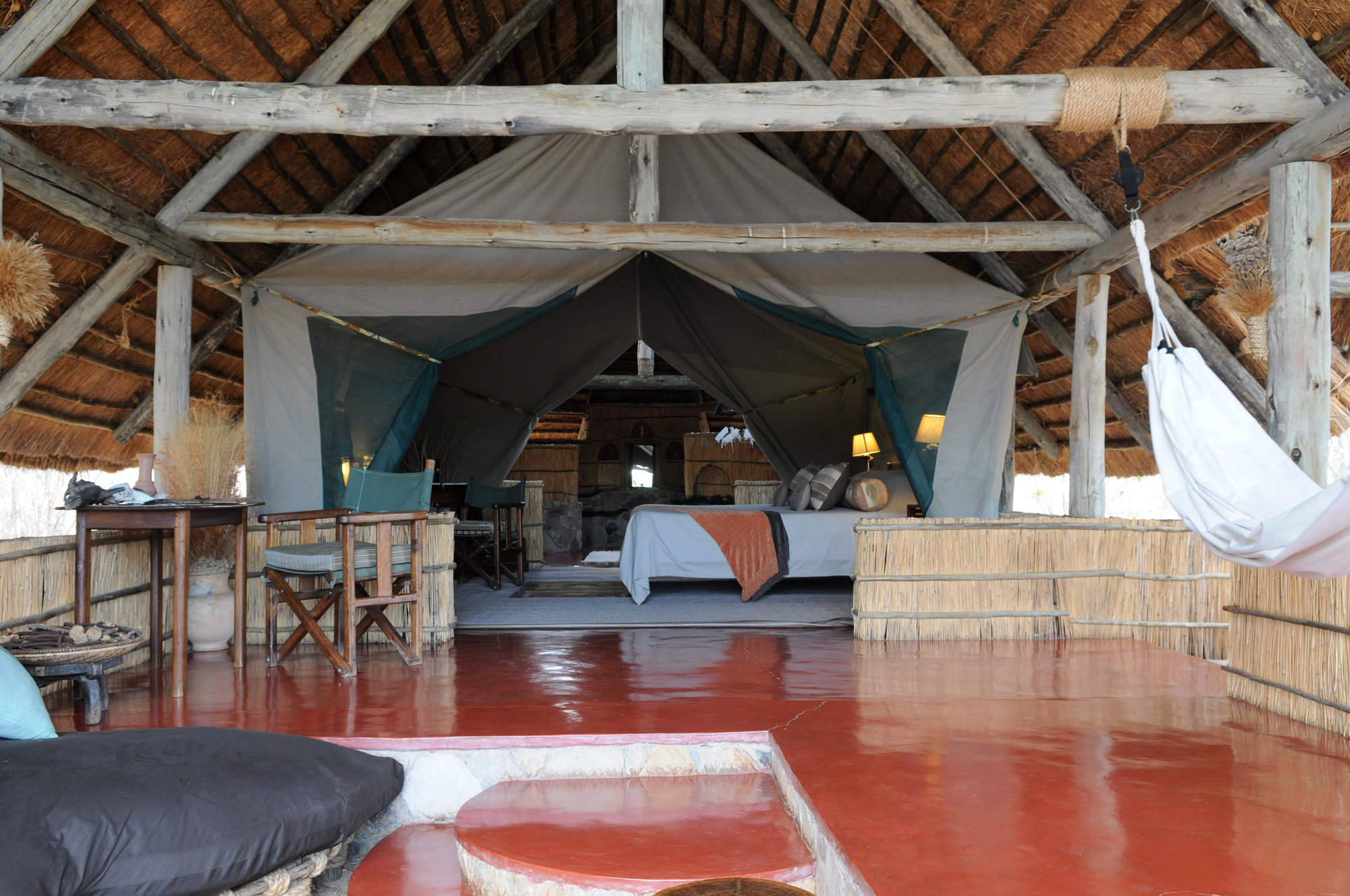
Mwagusi Safari Camp
Mwagusi is a long-established, permanent, tented safari camp, on an attractive bend of the seasonal Mwagusi River.
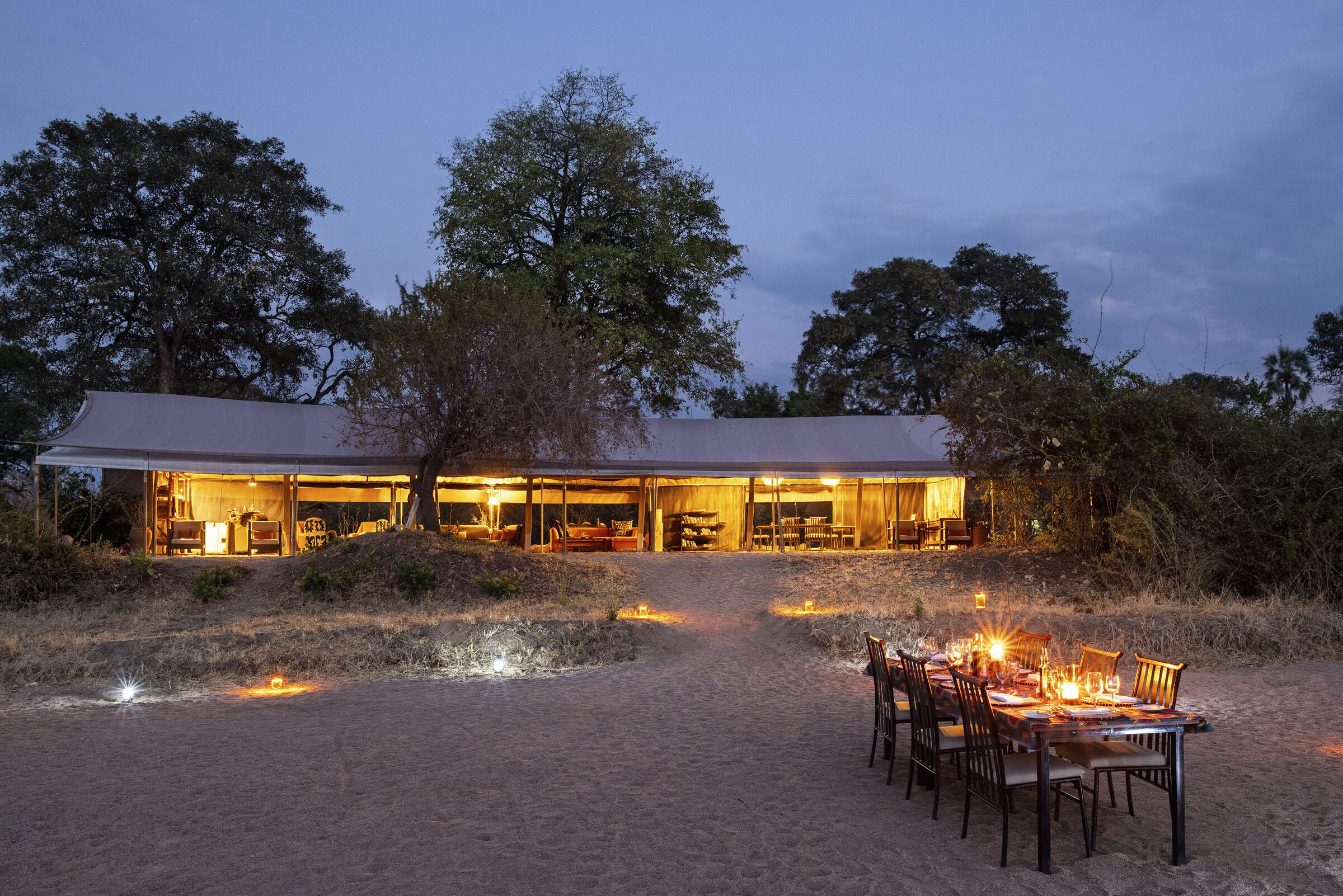
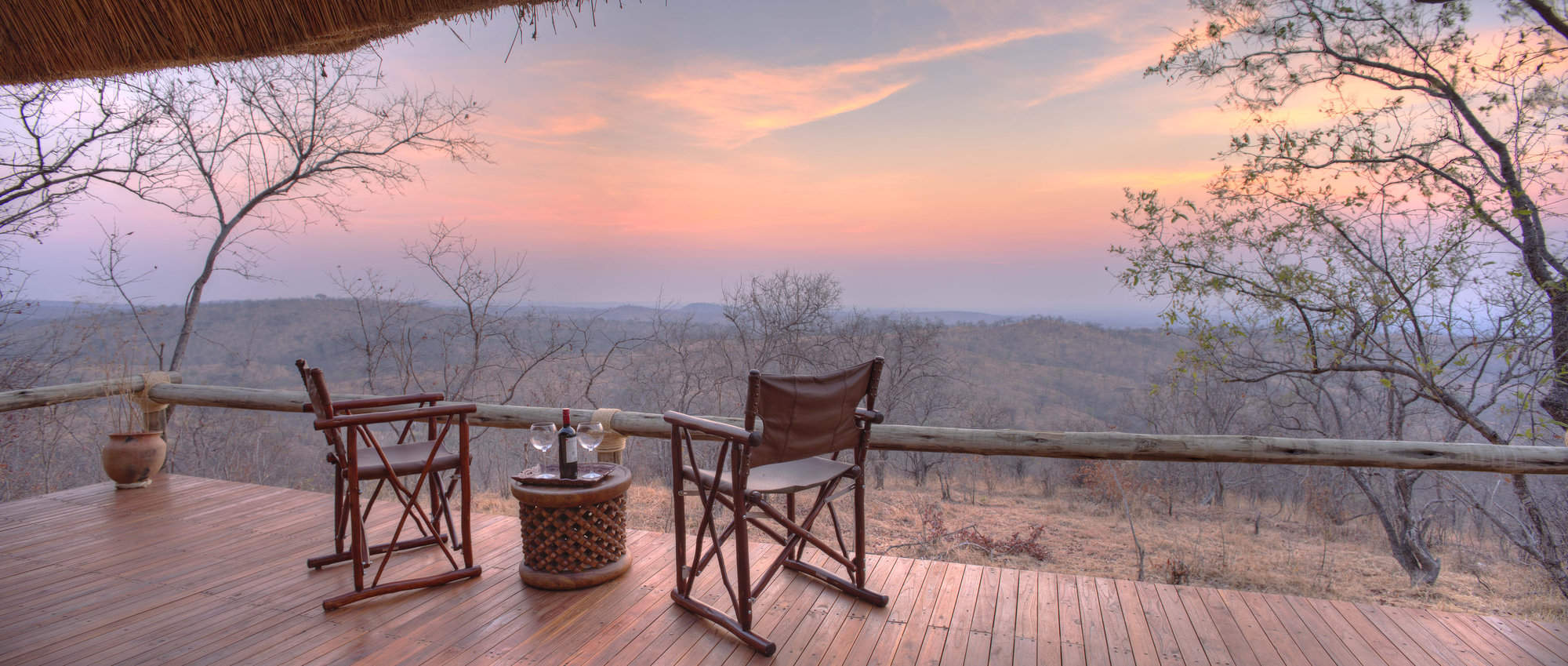
Ikuka Safari Camp
Upmarket and stylish, Ikuka Safari Camp is set high on an escarpment with spectacular panoramic views over Ruaha National Park.
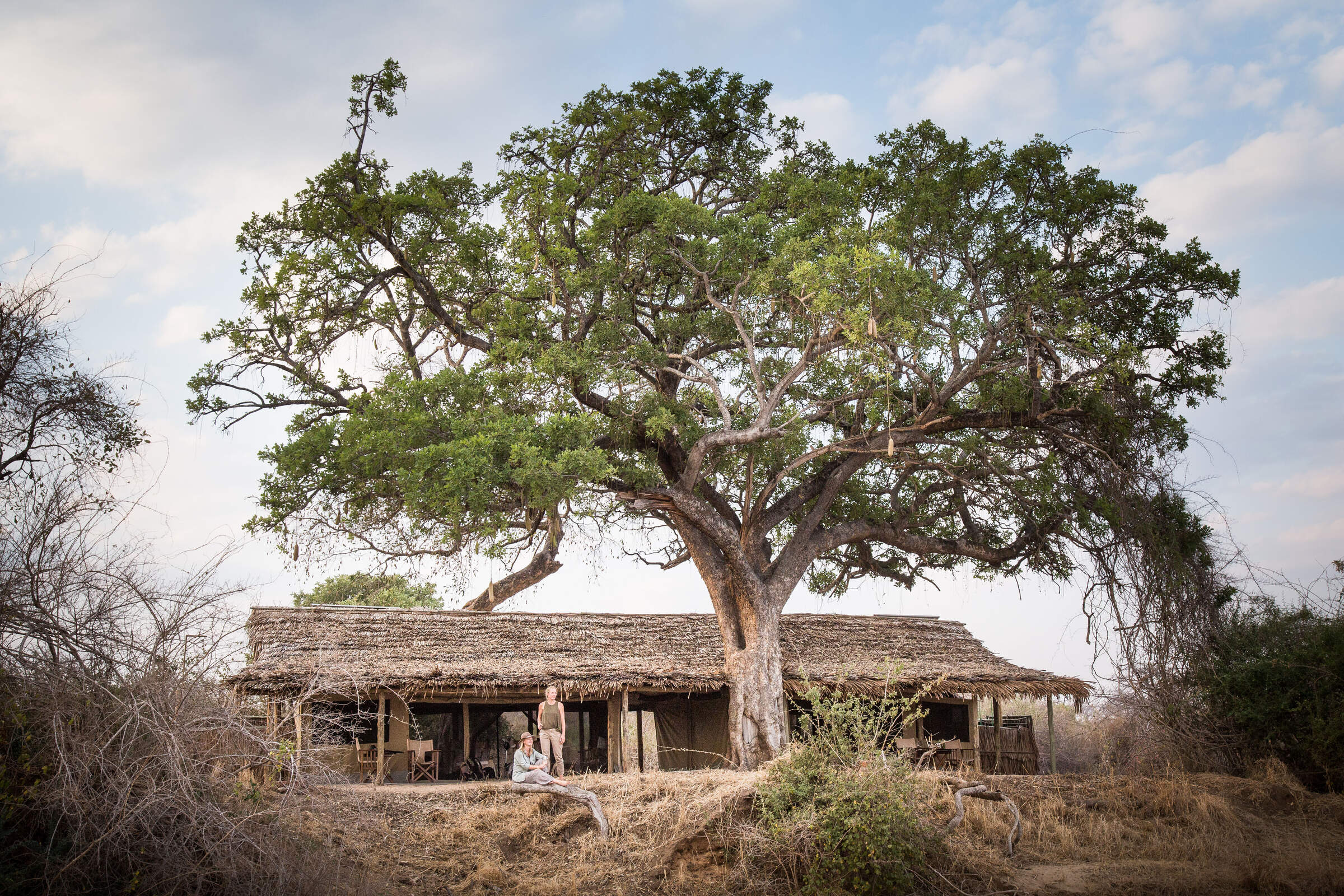
Kigelia Camp
Kigelia is a stylish tented camp, set amid a grove of sausage trees, and combining a simple set-up with comforts and luxury.
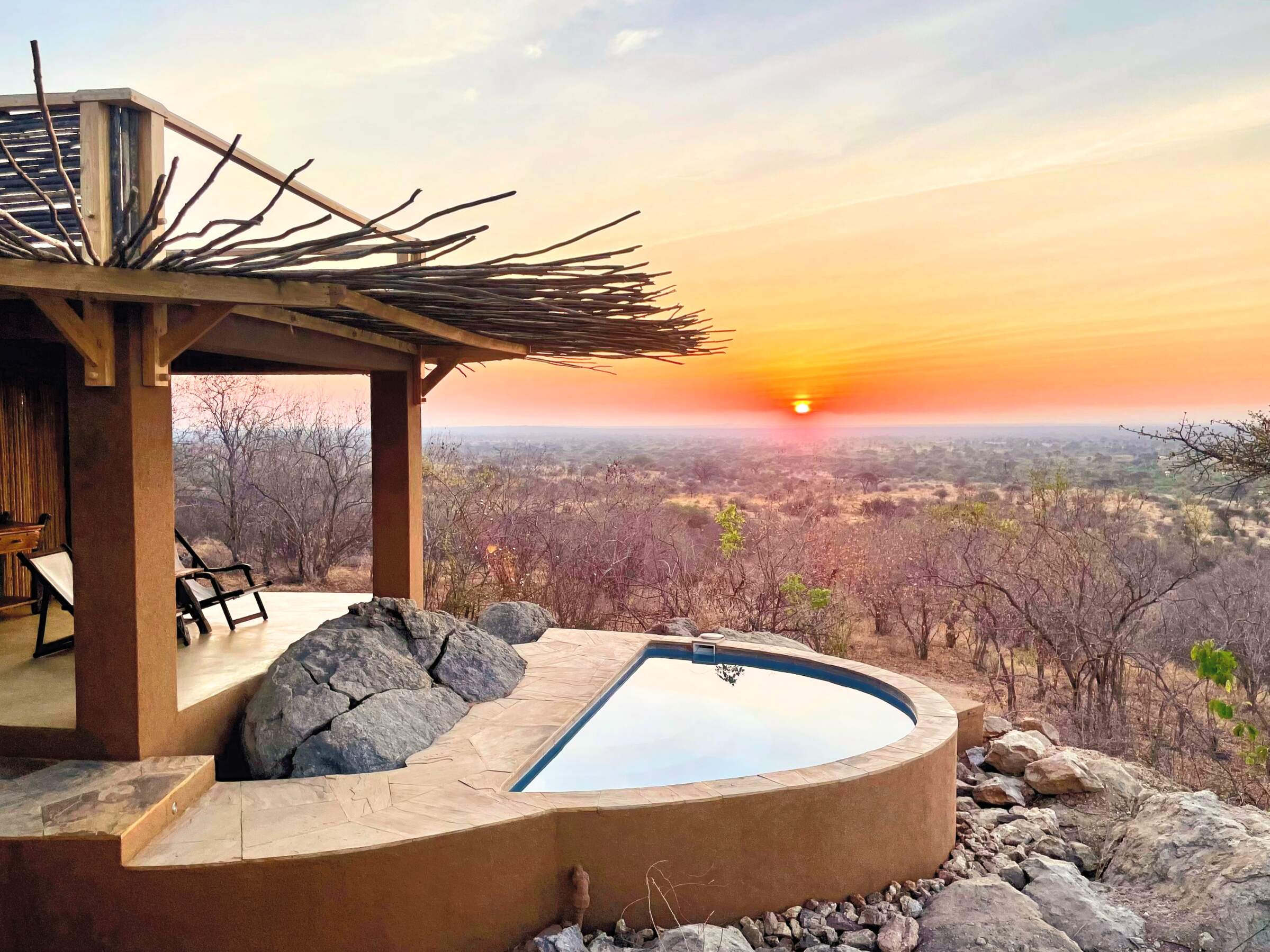
Kichaka Zumbua
Kichaka Zumbua is a small, luxurious camp offering on outstanding walking safaris in a remote area of Ruaha.
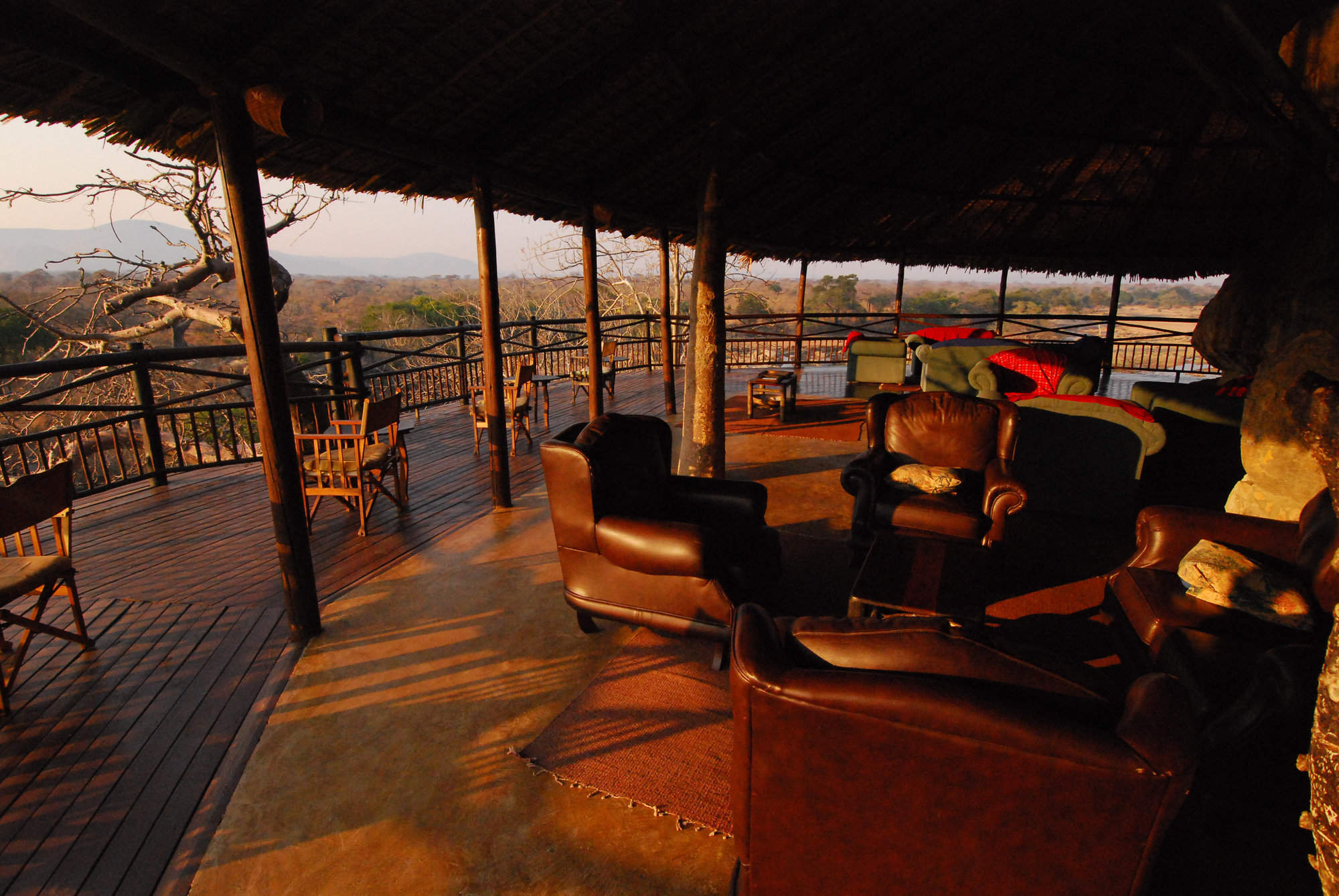
Ruaha River Lodge
In a lovely location beside a rocky river, the unpretentious Ruaha River Lodge is the largest and most economical camp in Ruaha National Park.
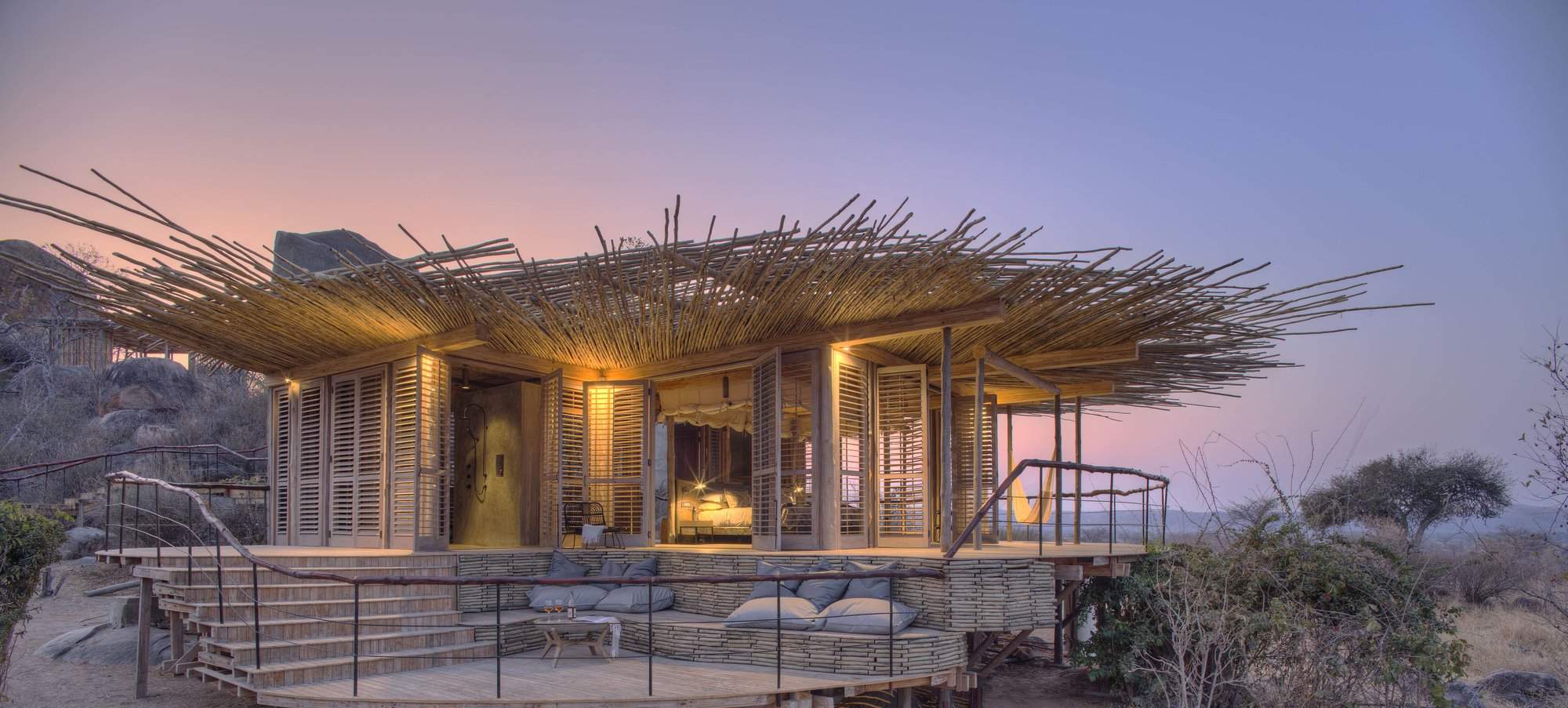
Jabali Ridge
One of Ruaha's most luxurious camps, Jabali Ridge nestles among kopjes and baobabs, with beautiful views of the surrounding area.
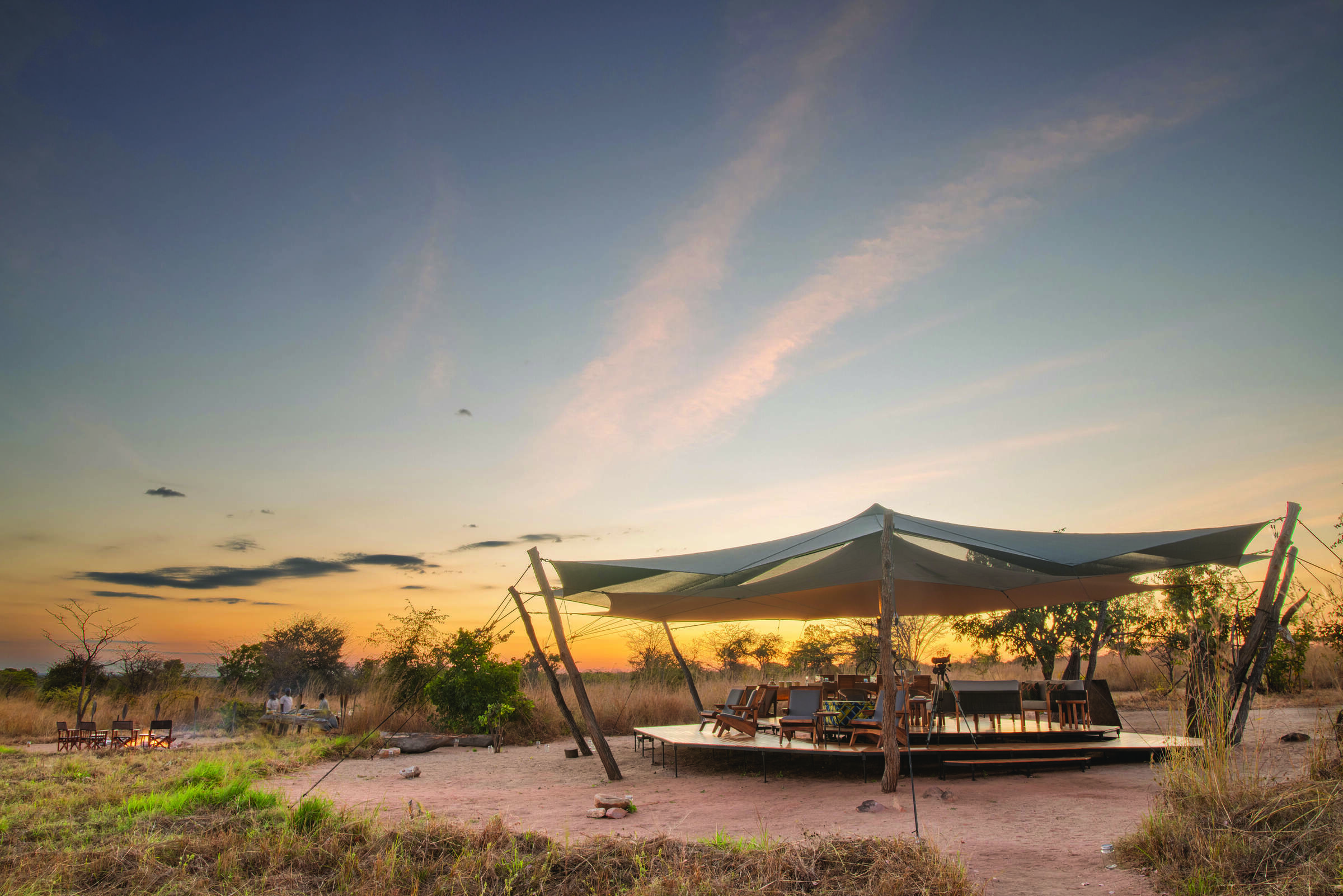
Usangu Expedition Camp
Usangu Expedition Camp is a seasonal camp in the Usangu Wetlands – a remote and enchanting part of Ruaha National Park.
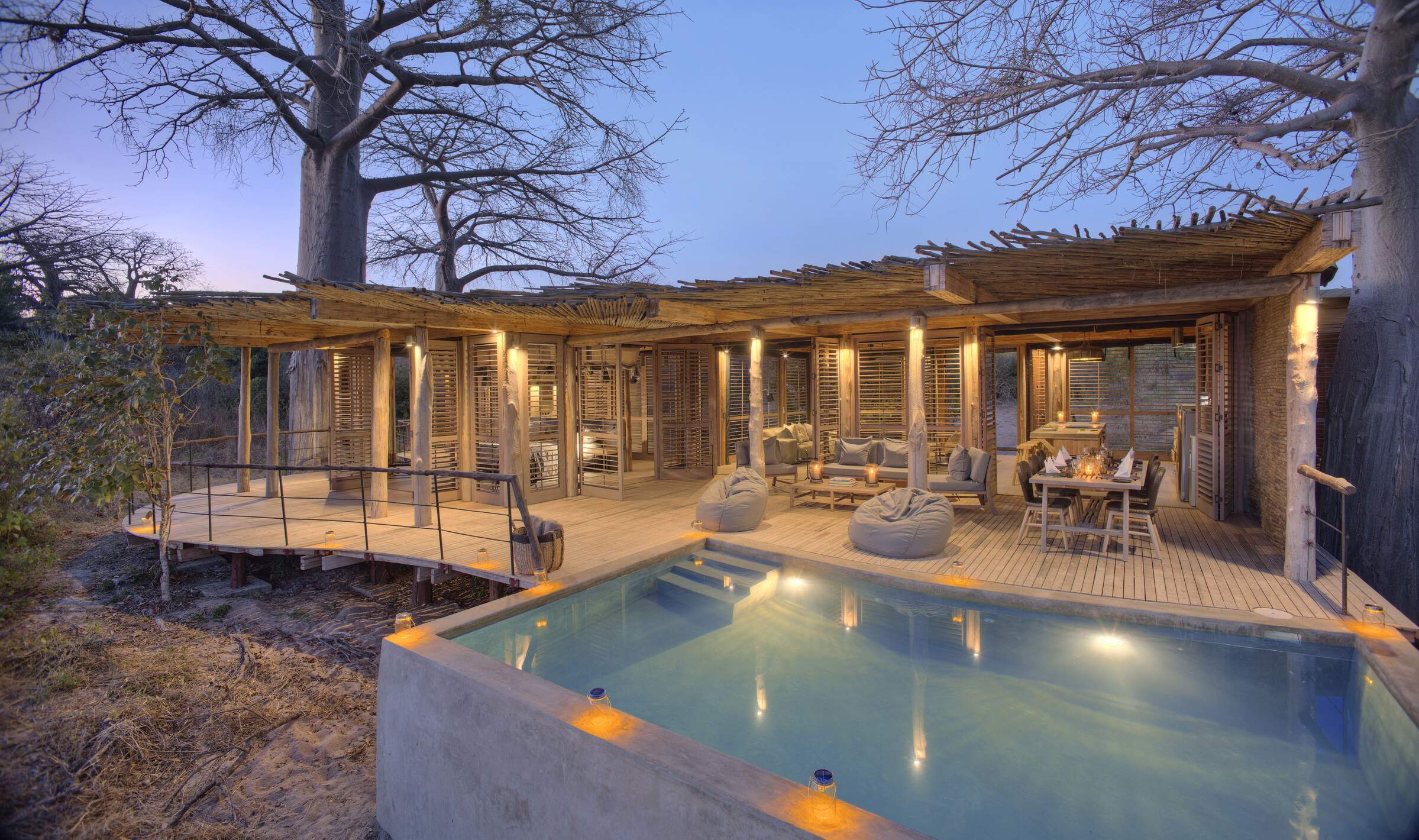
Jabali Private House
Jabali Private House in Ruaha National Park provides luxurious accommodation for private groups booked on an exclusive basis.
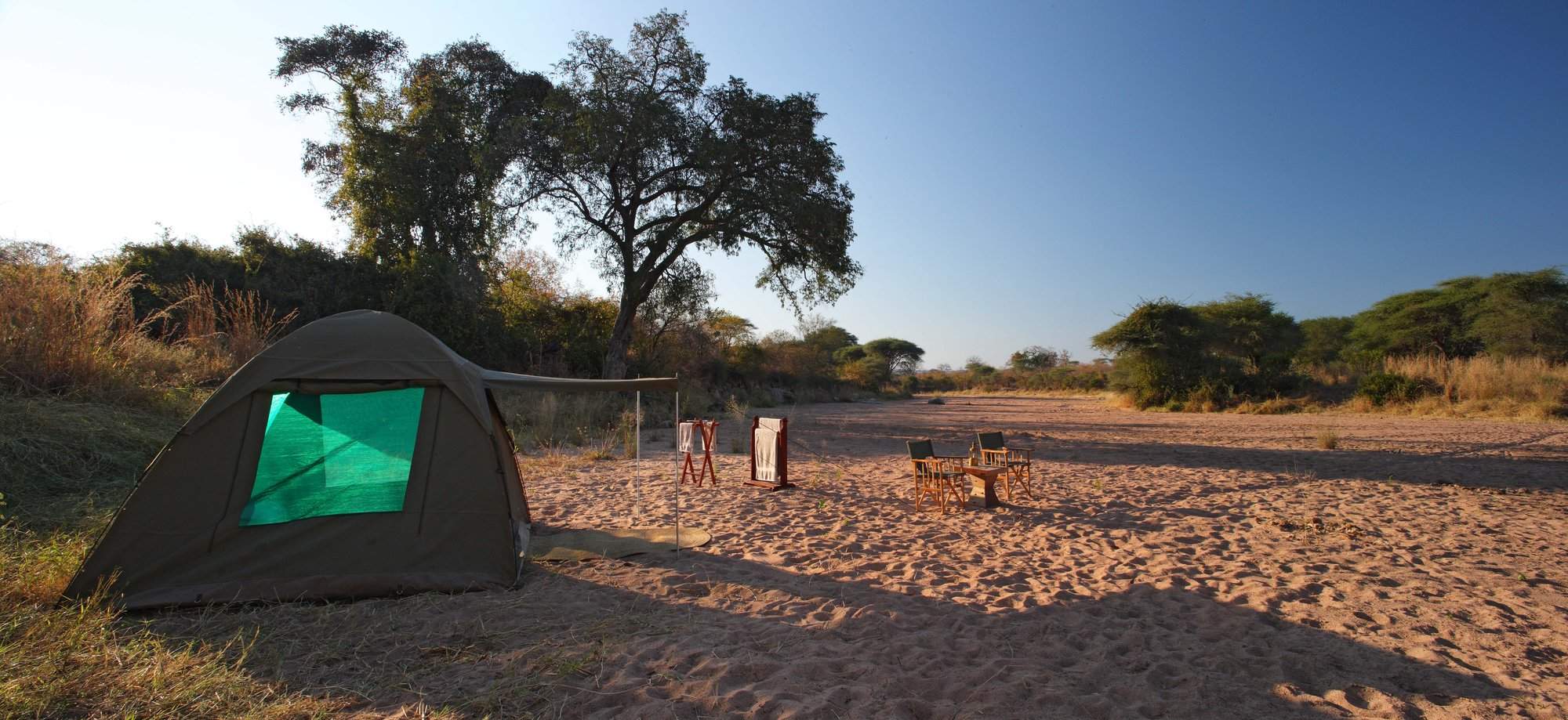
Jongomero Walking
Fly-camping and walking safaris from Jongomero Camp give you the chance to explore remote safari areas in Ruaha National Park.
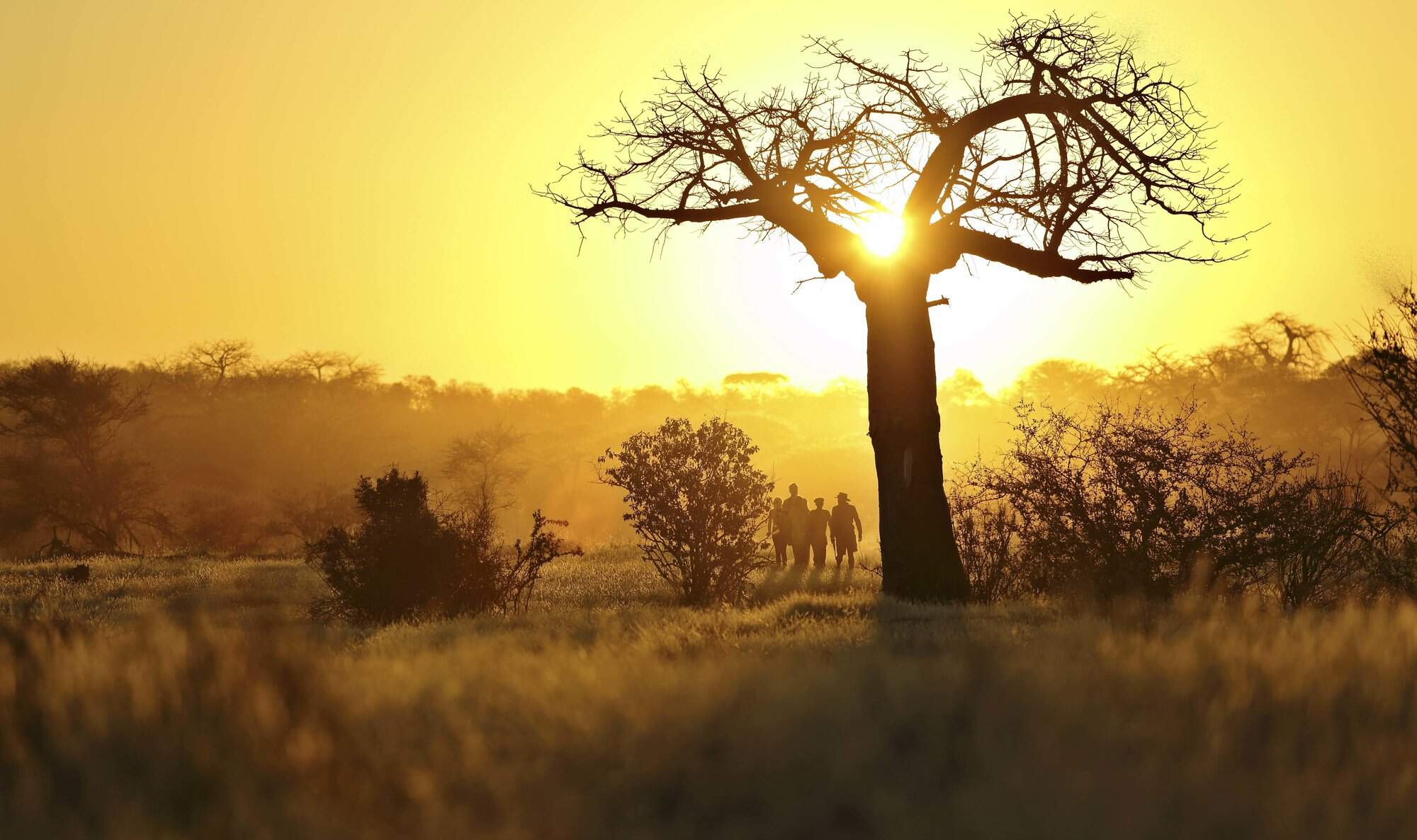
Asanja Ruaha
Asanja Ruaha Ndembo is a smart new safari lodge in a picturesque setting overlooking the Great Ruaha River.
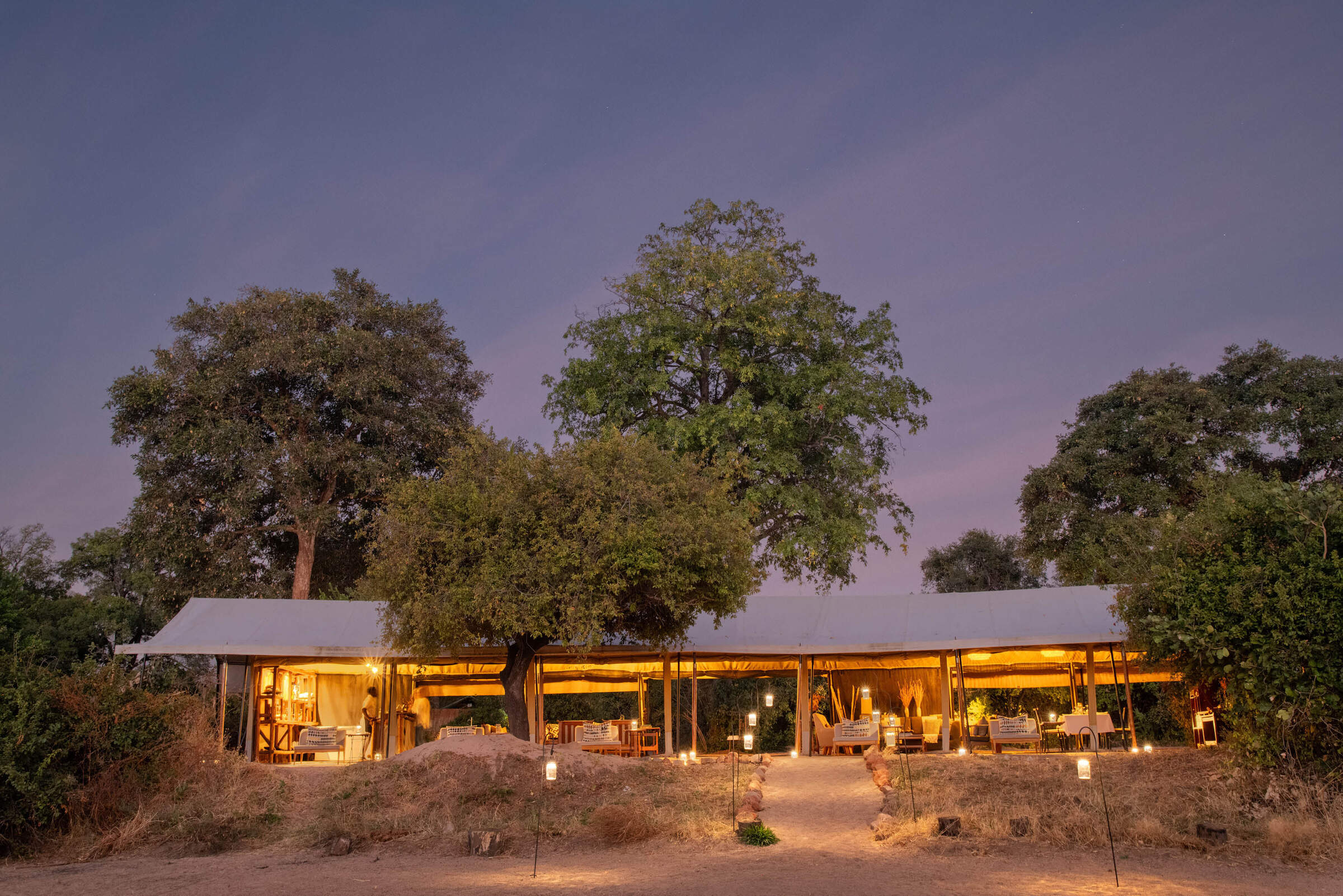
When to go to Ruaha National Park
Our month by month guide: What it's like to visit Jongomero Camp in Ruaha National Park
Jan
Feb
Mar
Apr
May
Jun
Jul
Aug
Sep
Oct
Nov
Dec
Ruaha National Park in January
In January, clear skies and sunshine prevail, with temperatures rising and rain showers not uncommon. This period is excellent for birdwatching, as resident birds enter breeding plumage and migrant species arrive. The Usangu wetlands teem with avian activity. After the end of the festive period, January offers great value and quiet park conditions. However, wildlife may be more dispersed in areas like Mwagusi.
The baobab-dotted landscape provides stunning backdrops for photography. Visitors can enjoy game drives along the river, spotting elephants, buffaloes, and various antelope species. Walking safaris offer intimate encounters with smaller creatures and flora.
- Variable weather: dry, cloudy, or rainy
- Occasional thunderstorms may occur
- Good time for birding, many migrant species
- Wildlife dispersed due to available water
Our view
A good time to visit, with pros & cons
Weather in January
Ruaha National Park in February
February in Ruaha is one of the hottest months, with temperatures reaching around 33°C/91°F. The short dry season continues, making it an excellent time for wildlife viewing around the Great Ruaha River and remaining water sources. There are few tourists in the park at this time, and lodge rates are lower.
This month is particularly rewarding for birdlife as northern hemisphere migrants join resident species in the Usangu wetlands and along the river banks. The Mwagusi area is prime for lion spotting, while the rolling hills and rocky escarpments offer breathtaking vistas. Visitors can enjoy bush picnics and guided walks to explore the diverse flora.
- Hot and dry weather in Ruaha
- Wildlife congregating around water sources
- Excellent game viewing opportunities
- Lush and green landscapes after rains
- Fewer tourists, more intimate safari experience
Our view
A very good time to visit
Weather in February
Ruaha National Park in March
The Great Ruaha River swells, attracting diverse wildlife. This is an excellent time to visit as the vegetation becomes lush and vibrant. Cat sightings may be infrequent, but birdwatching remains exceptional, especially around the Usangu wetlands.
Many camps begin to wind down operations, but those remaining open offer great value. The rains transform the landscape, with baobabs and acacias in full bloom. Walking safaris may be limited, but game drives can reveal unique sightings of animals in their rain-season behaviours.
- Hot with building humidity before rains
- Wildlife viewing variable
- Park is quiet with lower visitor numbers
- Good time for birding in Ruaha
- Green landscapes offer scenic photography
Our view
A good time to visit, with pros & cons
Weather in March
Ruaha National Park in April
April is the wettest month in Ruaha, with an average of 250mm of rain. The park's ecosystem thrives, with the Great Ruaha River and surrounding areas lush and teeming with life. This period is excellent for observing smaller creatures, insects, and birds.
Many of the lodges in the park will close, but a handful remain open, offering significant discounts. Visitor numbers are very low, but this is an ideal time for photographers capturing the park's verdant beauty and for those interested in the park's diverse flora. While big game viewing becomes more challenging due to dense vegetation, patient observers can be rewarded with unique sightings.
- Heavy rains expected, dramatic thunderstorms
- Some camps may close due to accessibility
- Lush vegetation, wildlife more dispersed
- Lowest visitor numbers and rates all year
- Challenging time for game viewing
Our view
This is not a great time to visit
Weather in April
Ruaha National Park in May
As May progresses in Ruaha, temperatures start to drop slightly, and the rains begin to clear. The Great Ruaha River and other water sources remain full, supporting a wide range of wildlife. This transitional period offers a unique blend of lush landscapes and improving game viewing conditions. Herbivores begin to congregate as the land starts to dry.
Visitor numbers and lodge rates remain low, providing excellent value. This is an excellent time to explore the park's diverse habitats, from riverine areas to the baobab-studded savannas.
- Rains continue, creating dramatic skies
- Quiet period with few other tourists
- Lush green landscapes throughout the park
- Wildlife dispersed, fewer sightings
- Lower prices make safaris more affordable
Our view
This is not a great time to visit
Weather in May
Ruaha National Park in June
June marks the end of the rainy season in Ruaha, with wildlife starting to concentrate around perennial water sources like the Great Ruaha River. The landscape begins to dry, but many areas remain green. This is the start of the shoulder season, with camps reopening and offering good value.
Game viewing improves as the month progresses, particularly around the river and remaining water holes. The Mwagusi area becomes excellent for predator sightings. Walking safaris and fly-camping options increase as the terrain dries. The Usangu wetlands continue to offer excellent birdwatching opportunities. Visitors can enjoy spectacular sunsets over the baobab-dotted landscape.
- Variable weather: dry, cloudy, or some rain
- Wildlife starting to gather near water sources
- Park becoming less green, easier viewing
- Good value with shoulder season prices
- Moderate visitor numbers
Our view
A good time to visit, with pros & cons
Weather in June
Ruaha National Park in July
July in Ruaha National Park marks the beginning of the peak season. With no rainfall expected and pleasant daytime temperatures, it's an ideal time for safaris. The Great Ruaha River becomes a lifeline for wildlife, offering excellent game viewing opportunities. As the park dries, animals congregate in fewer areas, making sightings more frequent and spectacular. The Mwagusi area is particularly good for lion sightings. There is also increased chances of seeing cheetah and wild dog.
Walking safaris are at their best, allowing close encounters with the park's flora and smaller fauna. The rolling hills and rocky escarpments provide stunning backdrops for photography. Birdwatching remains excellent, especially around the remaining water sources. Night drives offer chances to see nocturnal species. Seasonal balloon safaris become available.
- Dry and warm days, cool mornings/evenings
- Excellent wildlife viewing as water diminishes
- Popular time with higher visitor numbers
- Peak season prices due to prime conditions
- Seasonal balloon safaris commence
Our view
Fantastic: the very best time to visit
Weather in July
Ruaha National Park in August
August is the heart of the dry season in Ruaha, characterised by clear skies and sunny weather. Nighttime temperatures can be cool, so layered clothing is recommended for early morning game drives. The Great Ruaha River and other permanent water sources attract large concentrations of wildlife, offering excellent viewing opportunities. The Mwagusi and Usangu areas are particularly rewarding for game viewing, and this is traditionally a good time of year for cat sightings.
The iconic baobab trees stand out starkly against the dry landscape. Walking safaris and bush picnics are at their best.
- Dry weather, cool mornings and evenings
- Superb wildlife viewing around water sources
- Busy season with many visitors in Ruaha
- Book early as camps fill up quickly
- Great time for predator sightings
Our view
Fantastic: the very best time to visit
Weather in August
Ruaha National Park in September
September is an excellent month to visit Ruaha. As the dry season peaks, wildlife becomes increasingly concentrated around remaining water sources, particularly the Great Ruaha River. This leads to high densities of animals and frequent predator sightings, especially in the Mwagusi area. The landscape is starkly beautiful, with baobabs and dry savanna dominating.
This is an ideal time for walking safaris and night drives. Birdwatching remains rewarding, especially around the shrinking water bodies. The Usangu wetlands, though diminished, still attract diverse birdlife.
- Fantastic wildlife viewing opportunities
- Parks slightly less busy than peak months
- Very dry conditions, sparse vegetation
- Cool mornings, warm days in Ruaha
- High season prices still in effect
Our view
Fantastic: the very best time to visit
Weather in September
Ruaha National Park in October
October in Ruaha marks the end of the dry season, offering some of the best wildlife viewing opportunities. The Great Ruaha River and remaining water holes attract large concentrations of animals, making for spectacular game drives. Elephant sightings are particularly frequent during this time.
The landscape is at its driest, creating a striking backdrop for photography, though it can be dusty. Predator sightings, especially of lions and leopards, are common in areas like Mwagusi. Walking safaris provide intimate wildlife encounters. Birdwatching remains excellent as migratory species begin to arrive. There's a chance of early rains towards the end of the month, bringing relief to the parched landscape. Balloon safaris operate until the end of October.
- Mostly dry with comfortable temperatures
- Excellent game viewing, especially around rivers
- Landscape can appear barren and dusty
- Lower visitor numbers than earlier months
- Chance of dramatic storms towards month-end
Our view
A very good time to visit
Weather in October
Ruaha National Park in November
November usually sees the start of the rains in Ruaha, though the timing varies yearly. Game viewing is very dependent on the rains. The landscape begins to transform, with new growth appearing. This is an excellent time for birdwatching as migratory species arrive in the Usangu wetlands and other areas. Most camps remain open, offering shoulder season rates and good value.
Early November can be particularly rewarding, combining late dry season wildlife concentrations with the first rains. The large buffalo herds tend to move up onto the escarpment. Walking safaris may be possible depending on conditions. The baobab trees start to leaf, creating a beautiful contrast with the dry landscape.
- Variable weather: dry, cloudy, or rainy
- Park relatively quiet, lower-end prices
- Good wildlife sightings before rains disperse
- Some camps may close for maintenance
- Unpredictable conditions
Our view
A good time to visit, with pros & cons
Weather in November
Ruaha National Park in December
December is a quiet time to visit the park. Game viewing is good, with animals still relatively concentrated. The landscape is a mix of dry areas and new growth, creating diverse habitats. Birdwatching is excellent, with both resident and migratory species present in abundance, especially in the Usangu wetlands. The festive period can be busy, so early booking is essential.
Outside the holiday season, December offers great value with shoulder season rates. Temperatures are pleasant, averaging around 27°C/81°F, with occasional thunderstorms adding drama to the landscape. Walking safaris (weather permitting) and night drives provide varied wildlife experiences.
- Variable weather with possible thunderstorms
- Good game viewing in Ruaha's core areas
- Very quiet early, becoming busier later
- Prices low early, rising significantly later
- Green vegetation starting to return
Our view
A good time to visit, with pros & cons
Weather in December

Looking for inspiration on where to travel next?
Visit our trip chooser to explore your options and find inspiration for your perfect African adventure
Inspire me